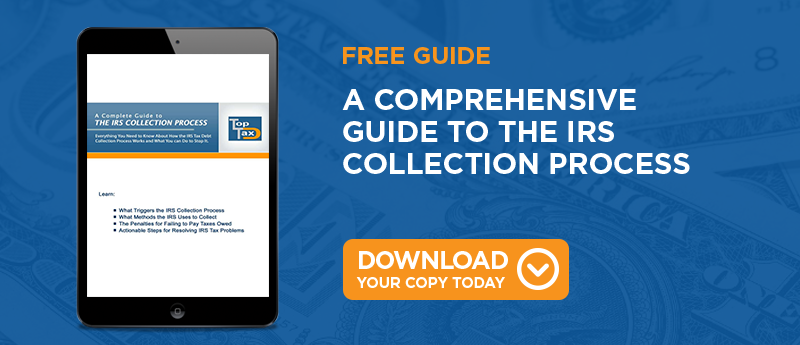
When a wealthy celebrity dies, news reports might mention the estate tax that is levied against the assets afterward. The estate tax is often nicknamed the "death tax" because it only comes into force following a death, but it's not actually a tax on death. What is the estate tax? Who is required to pay it? Does the IRS offer any estate tax deductions?
How Does the Estate Tax Work?
The estate tax is a one-time fee that is imposed on property that a person leaves behind after his or her death. Property that may be subject to the estate tax includes just about anything of discernible value, such as cash, real estate, securities (such as stocks or bonds) and business assets. The estate tax is only calculated after certain expenses such as mortgages and estate administration costs are deducted from the total value of the property.
Who is Subject to the Estate Tax?
The IRS only requires estate tax filing when the value of an estate exceeds a certain threshold. This threshold is adjusted for inflation nearly every tax year. In 2014, the estate tax filing threshold is $5,340,000, which refers to the joint value of the estate's gross assets and gifts that were previously subject to tax.
Estates whose value exceeds the threshold are subject to a 40 percent income tax. The estate value is calculated based on the fair market value of the total assets at the time of death. As a result of these thresholds, most U.S. taxpayers are not required to file a separate tax return or pay an estate tax.
IRS Estate Tax Breaks
While the prospect of paying 40 percent in estate taxes may sound unfair, the IRS does allow taxpayers to take advantage of a few estate tax breaks. If a taxpayer elects to transfer his or her property to a spouse, the spouse may take advantage of the amount of the estate tax exemption that has been unused by the taxpayer.
As an example, if a person dies with an estate value of $2.5 million, the spouse may use the remaining $2.5 million of the exemption to avoid tax on the estate. In addition, taxpayers who take advantage of estate tax planning to transfer their property to qualified charitable organizations receive an estate tax break in the process.
Understanding the estate tax can help you plan for the financial future of your inheritors. With good estate tax planning, you can reduce or eliminate the amount of estate tax that will be imposed on your assets.




